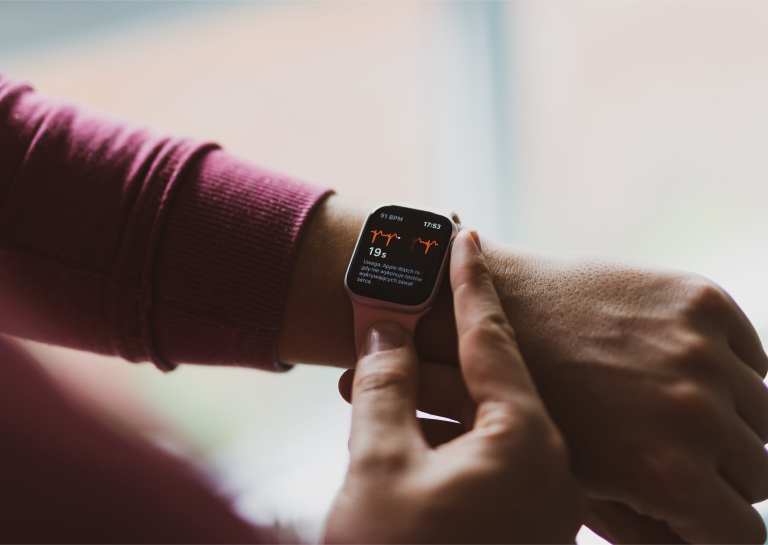Apple Unveils AFib Apple Watch Study As It Eyes Health For Growth

As it views health as an important sector for growth, Apple has been putting down the foundation to roll out new studies and health features in its offerings. The tech company and Johnson & Johnson unveiled a new Heartline study on Tuesday (Feb. 25) to determine if the Apple Watch can discover atrial fibrillation (AFib) early and cut stroke risk, CNBC reported.
“The Heartline Study is a nationwide, randomized, controlled, app-based, virtual research study sponsored by Janssen Pharmaceuticals, Inc., a member of the Janssen Pharmaceutical Companies of Johnson & Johnson.” Johnson & Johnson said in its announcement of the study. “The team worked with Apple to jointly design the research study and the Heartline Study app.”
Apple started to provide AFib detection on the Apple Watch Series 4 in December of 2018. And users can harness the Apple Watch with a feature to see if they could have AFib. They can, in turn, provide the results to a doctor for more testing and analysis if it is necessary.
AFib is reportedly the top cause of stroke; however, it can be difficult to diagnose as people don’t often show symptoms per Johnson & Johnson. Open enrollment for the study, for its part, begins on Tuesday.
Those chosen in the Apple Watch group can borrow a watch for free or buy a watch at a discounted price. Consumers who have a watch loaned to them need to return it at the end of the study.
In separate health-related Apple news, the tech company unveiled its “Apple Watch Connected” gym effort per news in January. The effort aids Apple in making an entire ecosystem around the smartwatch and offering owners additional places to use it to support fitness monitoring.
A fitness facility that is Apple Watch Connected, in one case, must have an Apple Watch and iPhone app that enables users to monitor their fitness, take a look at classes, and log in at the gym. The gym also must accept Apple Pay, so users can tap into the device to purchase items such as water, food and other products.